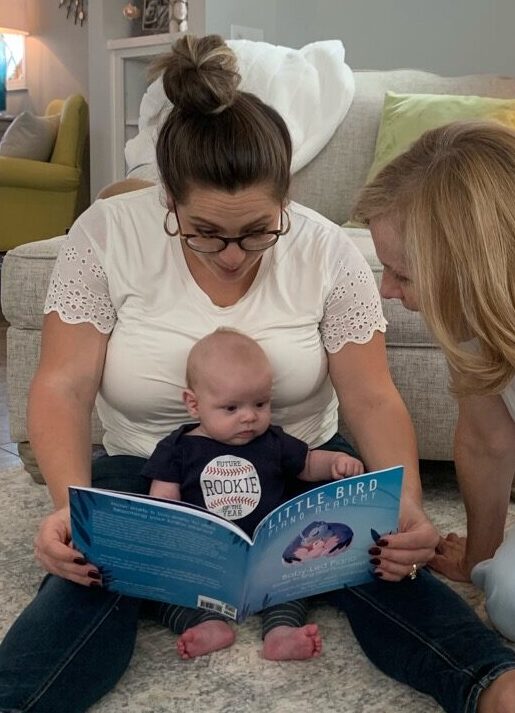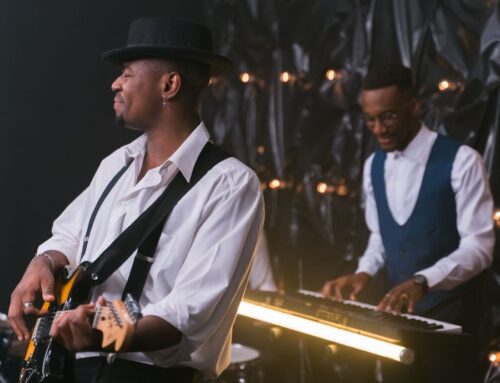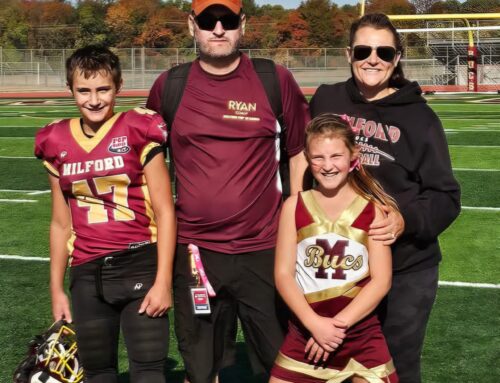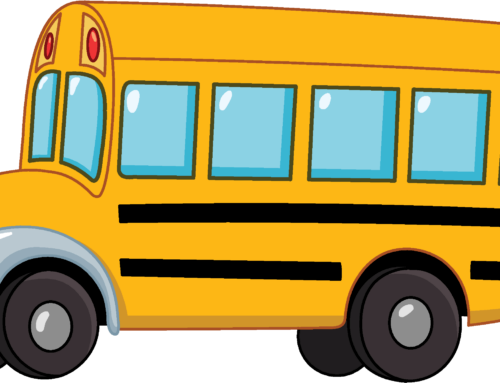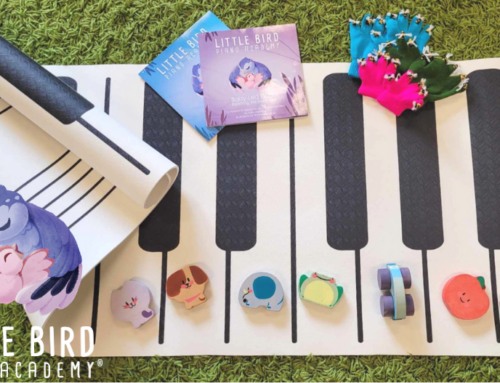T
he most common question I get asked is, “So how exactly do teach piano to babies, toddlers and preschoolers?”
And here’s my answer:
I offer parents all of the musical tools they need to help their baby to thrive by learning to play the piano together, to sing together, and to learn together.
It’s easier than you think, and SO MUCH FUN!!
The best time to start learning music is the day you’re born. The second best time is Right now!
For eons, parents have been encouraging language with their babies. There are specific things we do that invite our babies to imitate us.
First, we imitate them.
Because babies’ brains are wired to imitate and mirror us, when we imitate them, we encourage them to… imitate!
Imitating the sounds babies make, brings their attention to what they just did. Just like when you listen to your grown-up best friend, and you kind of repeat back what they just said, it lets them know you’re listening, that you understand, and it has this super helpful effect of letting them hear their own thoughts. It does the same for your baby. You validate them, you let them know they matter to you, and importantly, they get to hear back what they just said.
Take that a step further with music. When your baby makes little noises, think of them as little songs. Sing them back. When you match pitch with your baby, you teach your baby to match your pitch.
When your baby plays little things “by accident” on the piano, you imitate what your baby did. It validates your baby’s efforts, allows them to hear and see what they just did, and … teaches your baby to imitate you. Over time, as your baby’s development allows for it, your baby will be more likely to imitate the little patterns you play on the piano, and the little songs you sing.
Once you’ve established the habit of listening to and imitating your baby, it’s time to give your baby things to imitate. In spoken language, this natural behavior is often referred to as “parentese”. We talk to our babies in kind of a baby-talk. We use higher pitches, make very clear sounds that are parts of words, but not entire words – sometimes called babbling, and importantly, we speak around them in grown-up talk as well. Studies show that babies who experience more of this kind of interaction with their parents, are more likely to talk, to understand other people, to form memories, and to communicate effectively. The same thing happens when we expose our baby to musical language in this way.
I’ve crafted a series of musical storybooks and lots and lots of games and activities to go along with them, for you to sing and play with your baby. With beautiful illustrations by Storyboard Director, Artist, Musician, and father to two musical babies, Nathanael Jones, they’ve come to life! Infused in these tiny musical stories and games are very foundational musical concepts that will teach your baby how to understand, interpret, and create music, that your baby will have fun imitating when they’re ready in the same way your baby will learn to talk by imitating you. Until then, your baby will be forming habits, preferences, and good feelings around learning music with you. They’ll be developing their musical vocabulary which will help them to enjoy learning more when they’re older. So that instead of you begging and coaxing them to practice, it will become a normal part of their days that they, and you, look forward to. They play and sing because you taught them that these things are normal, fun, and that they bring connection.
You’ll learn right along with your baby the things that will take your child from being average when it comes to music (basically clueless) to being what’s viewed as “musically talented”.
Because the truth is, most people aren’t either born talented or born untalented. For most children who show up at age 6 already understanding basic musical concepts like up and down, long and short, they have a sense of rhythm, pitch, and basic musicality, it isn’t that they were just born with it. It’s that they were immersed in it in their home. We tend to think it’s genetic because these kids usually have musical parents. And while there are genetic differences in people, everyone can be taught those basic concepts by being immersed in them from infancy. Everyone can enjoy creating music, playing from sheet music, playing by ear, and improvising. And let’s face it, everyone loves music. That’s why every movie, and every commercial, have music in the background. Music helps connect your heart and your emotions to whatever’s being presented.
Studies show that the majority of people who excel in music began their musical journey before age 6, and more importantly, that musical training helps to grow tools like facial recognition – a fundamental communication trait.
At Little Bird Piano Academy™, I give parents the ability to give their child these experiences from infancy, toddlerhood, and preschool age. I offer parents all of the musical tools they need to help their baby to thrive by learning to play the piano together, to sing together, and to learn together.
It’s easier than you think, and SO MUCH FUN!!
You can get step by step guidance through this process right at home, through Baby-Led Piano™ online membership for parents.
You’ll get
- A short (3 minutes or less) video with a new song, game, activity, or teaching tip, every week in your inbox
- Support from me!
- Special pricing on all Little Bird Piano Academy™ musical storybooks, flashcards, teaching toys, and sheet music
- And for the first 50 referrals, a free Little Bird Piano Academy™ piano mat with giant piano keys on one side, and the grand staff on the other (Referrer and Referral must be registered for annual membership)
And if you live in or near Issaquah, Washington, you and your child can have the experience in person at Group Classes or Private Family Classes!
If you aren’t in the Seattle area, Baby-Led Piano™ Weekly is for you. After a year with Baby-Led Piano™ Weekly, you and your toddler will be ready for in-person classes wherever you are, and there will likely be a teacher trained in the Little Bird Piano Academy™ method, ready to add you to their calendar. (If you’re a musician or a teacher and you’d like to know more about teaching Baby-Led Piano™, click below)

